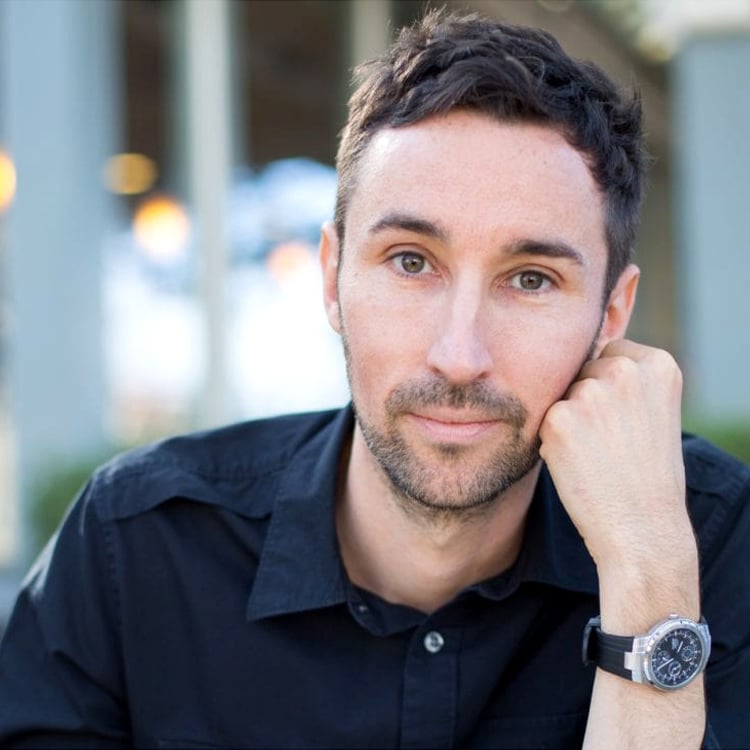How to Embody What You Most Care About
Why is it that some people can walk into a room and instantly – seemingly effortlessly – command the attention of everyone present? What is the strange magnetism that makes some people so compelling, what does it tell us about their lives, and is it something we can coach people towards?
These are the questions we explore in this episode with mindfulness and trauma expert David Treleaven as we dive into the mechanics of magnetism, the role of embodiment, how to coach our clients into greater personal congruence and the roadblocks that come up in the process.
What is Magnetism
What is that special magnetism that some people have, and can we cultivate it? What is its origin, how does it arise and what are the core elements of fostering it? It seems to be closely linked to personal congruence – the alignment of our inner world with our external expression.
So what does that mean? What is our inner world composed of? One of the main pieces is values; what we stand for, what we believe in, what is deeply meaningful to us. The question then becomes, How do we embody what’s most important to us?
Often just trying to tune into this can be hard for people who are feeling quite incongruent. One of the doorways to potential insight here is asking, What longing is there? And then looking at how that might be different to what we think we want? It’s about distinguishing between the mental construct of what we think we want and exploring the longing in the body.
Feeling the Longing
How do we learn to feel the longing in the moment and think and speak from that longing in the moment? How do we align with this deep truth within us, where do we go to listen to that?
People in pain or who are struggling are often people who are out of congruence and not really connected to or not knowing what they care about. The key is to enable an experience or remembering of what it feels like to be in a state of excitement and aliveness, to experience that alignment.
So how do we coach someone into this? We need to help them get inside the experience and then track the mental narrative and the body awareness; where is the excitement or aliveness in the body? What is the longing? Are there associated thoughts or feelings?
We can ask for example, What would it be like if you had 5% more of this in your life? Tell me what this means? What is life like from here? This way the person is in it rather than just talking about it. One practice could be having them center into the longing for 5 minutes several times a day to reconnect to the experience of being in that state.
What Blocks Congruence
If it was easy everyone would be highly congruent – so what takes us out of that experience? What conditioned tendencies block us from being aligned with our inner truth and outer expression?
Often they are habits formed at a young age to keep us safe, and it’s important to honor them because they arose for a good reason. To allow them to dissolve they must be met with acceptance, love, gratitude. Then they can begin to integrate and a more cohesive form can begin to take shape.
It can also be difficult to be in the aliveness that comes when we live from our longing in deep congruence. It’s good to be aware that we’ll connect and then disconnect, that it takes time to expand into it, and that it doesn’t need to be forced. The body opens with a yes – we can’t shame the body into opening and transforming.
